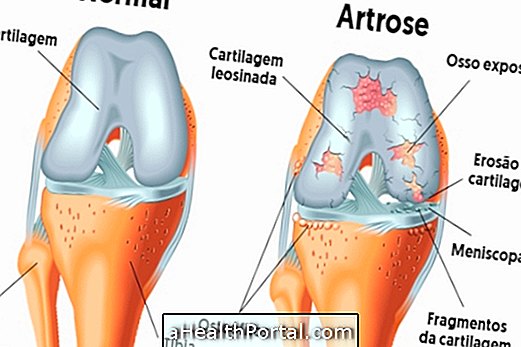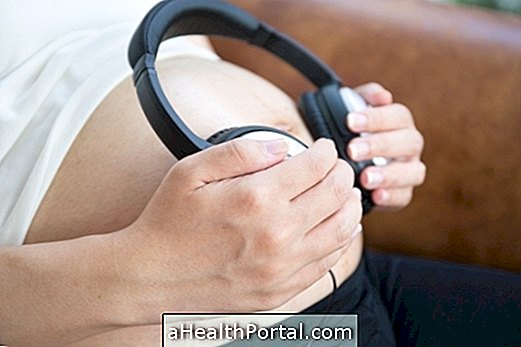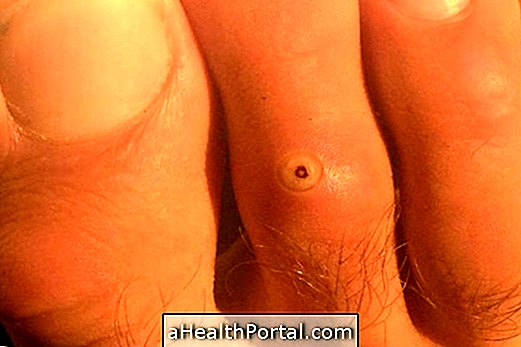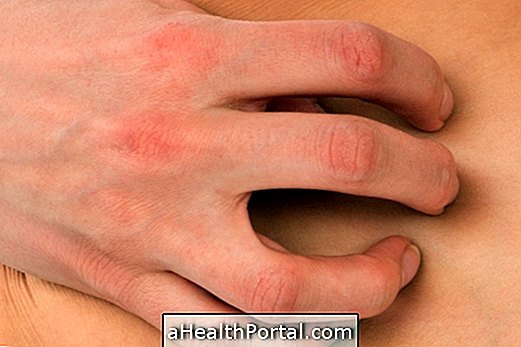Internal hemorrhoids are dilated veins inside the rectum that are not seen in the anus, and in most cases, they are only discovered when there is live red blood in the stool or toilet tissue upon defecation. In addition, it can cause itching and discomfort in the anus that makes it difficult to go to the bathroom.
Hemorrhoids may be on the inside of the anus or come out when you make an effort to defecate, and the treatment should be recommended by the proctologist, with the use of ointments, medicines and toilet seats, for example.
Types of Internal Hemorrhoids
Usually, internal hemorrhoids are divided into 4 types:
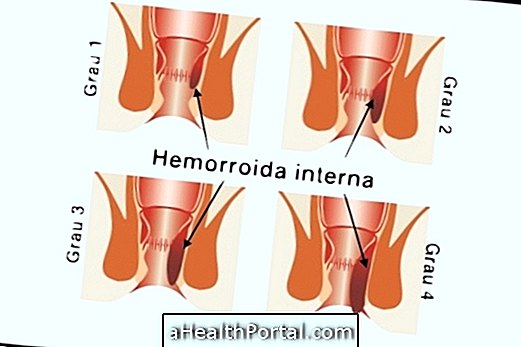
- Internal grade 1 hemorrhoids - do not come out of the anus;
- Internal grade 2 hemorrhoids - may come out of the anus, but come back in on their own;
- Internal grade 3 hemorrhoids - they come out of the anus and must be carefully pushed back inside;
- Internal grade 4 hemorrhoids - come out of the anus and do not come back in, causing severe pain.
Internal hemorrhoids usually do not require specific treatment and can be treated at home with the ingestion of high-fiber foods such as vegetables, fruits and cereals.
Main symptoms of internal hemorrhoids
Symptoms of internal hemorrhoids are rare, but may include:
- Stools with bright red blood;
- Itchy anus;
- Exit of a whitish fluid through the anus;
- Difficulty defecating, which causes pain.
In addition, in some cases, internal hemorrhoids may lead to the appearance of a small lump in the anus during bowel movement that usually returns inward after defecating.
Treatment for internal hemorrhoids
Treatment for internal hemorrhoids should be guided by a proctologist, but it is usually possible to treat internal hemorrhoids only with a high-fiber diet such as vegetables and seeds, in addition to drinking at least 2L of water per day.
Here's how power can help with the following video:

However, if the internal hemorrhoids cause pain or exits through the anus, the proctologist may recommend the ingestion of analgesics and anti-inflammatories, such as Naproxen, or the use of hemorrhoid ointments such as Proctyl or Ultraproct. See all Internal Hemorrhoid Treatment guidelines.
In the more severe cases, where the hemorrhoid is trapped in the anus, there is a risk of clot formation that can lead to hemorrhoidal thrombosis and, therefore, the doctor can advise surgery for surgical repair of the dilated veins. Learn how surgery is done to remove uncut hemorrhoids in unhurried THD Surgery for Hemorrhoids.
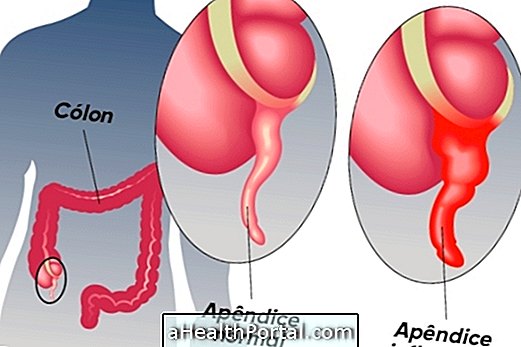
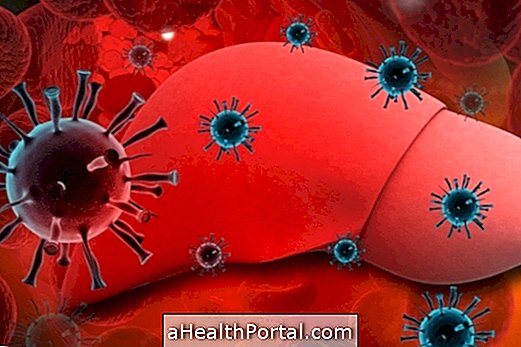

-o-que--sintomas-e-tratamento.jpg)
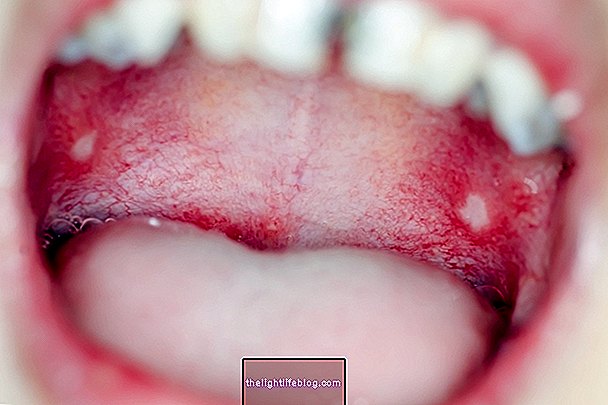
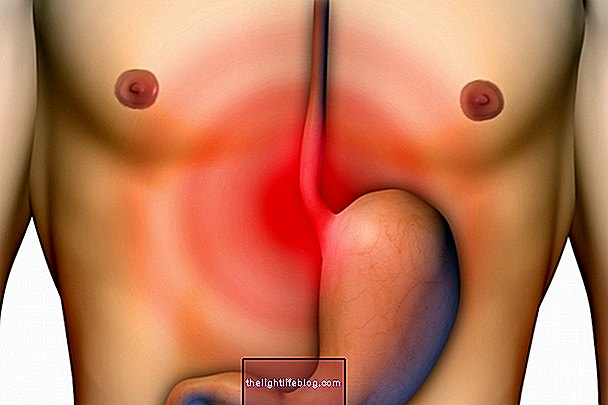




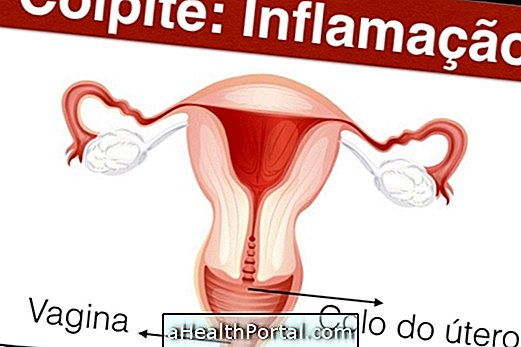
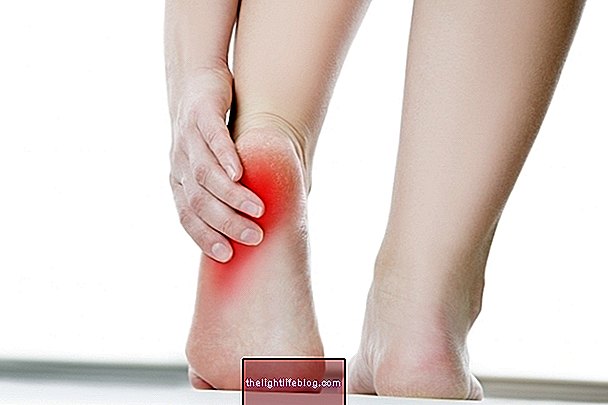


.jpg)

